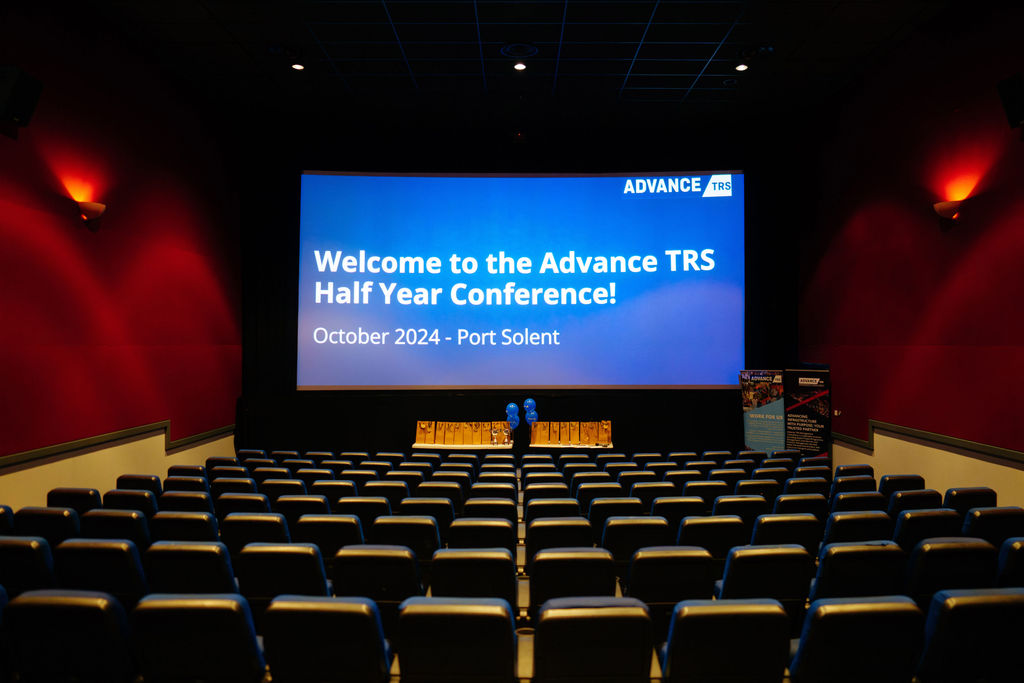A civil engineer is responsible for designing, developing, and managing critical infrastructure projects across the built environment. From bridges and highways to water systems and buildings, civil engineers play a key role in ensuring structures are safe, functional, and sustainable.
Key responsibilities include:
- Conducting site assessments and feasibility studies.
- Preparing detailed engineering designs using software like AutoCAD and Civil 3D.
- Managing construction processes, project timelines, and budgets.
- Ensuring compliance with safety and environmental regulations.
- Collaborating with clients, contractors, and multidisciplinary teams to deliver projects efficiently.
What Qualifications and Skills Do You Need to Become a Civil Engineer?
Most civil engineers hold a degree in civil engineering or a related discipline. Many professionals pursue Chartered Engineer (CEng) status through institutions such as the Institution of Civil Engineers (ICE) or the Chartered Institution of Highways & Transportation (CIHT).
Key Skills Required:
- Technical expertise in structural, geotechnical, or environmental engineering.
- Proficiency in design software like AutoCAD, Civil 3D, and Primavera P6.
- Problem-solving abilities to assess and resolve engineering challenges.
- Project management skills to oversee construction timelines and budgets.
- Strong communication and teamwork for liaising with stakeholders.
If you’re looking to progress your career, obtaining professional certifications like PMP Certification or APM Accreditation can enhance your employability in project-driven environments.
Where Do Civil Engineers Work?
Civil engineers are in high demand across multiple sectors, including:
- Rail & Transport – designing and maintaining railway infrastructure, bridges, and transport networks.
- Water & Environment – developing flood defences, drainage systems, and sustainable water supply solutions.
- Buildings & Construction – working on residential, commercial, and industrial building projects.
- Highways & Infrastructure – planning and constructing roads, bridges, and transport hubs.
- Energy & Renewables – delivering sustainable energy solutions and infrastructure for power plants and renewable projects.
Why Choose Advance TRS for Your Next Civil Engineering Job?
At Advance TRS, we specialise in technical recruitment for the built environment, connecting skilled civil engineers with leading employers across the UK. Whether you’re seeking a permanent role, contract work, or executive-level opportunities, our team provides expert support throughout your job search.
- Industry Experts – We understand the unique demands of civil engineering roles.
- Exclusive Job Opportunities – Access to top-tier infrastructure projects.
- Career Support – From CV writing to salary negotiation, we help you secure your ideal job.
- Compliance & Certification Guidance – Ensuring you meet ICE, CEng, and IR35 regulations.
- Trusted Recruitment Partner – Accredited by ISO 9001, ISO 27001, ISO 45001, and RISQS.
Looking for Civil Engineer Jobs? Start Your Search Today!
Explore the latest civil engineering jobs with Advance TRS and take the next step in your career. Visit our job listings to browse current vacancies or submit your CV for personalised job matching.
For career advice, check out our guides on:




